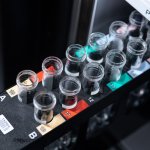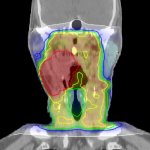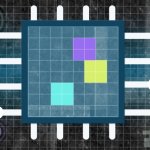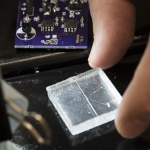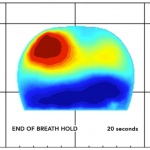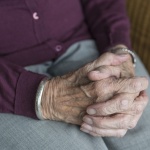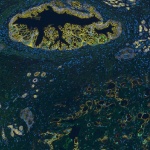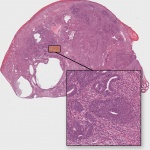
News • Network analysis
AI identifies and predicts development of cancer symptom clusters
Cancer patients who undergo chemotherapy could soon benefit from a new AI that is able to identify and predict the development of different combinations of symptoms – helping to alleviate much of the distress caused by their occurrence and severity. In the first study of its kind, published by Nature Scientific Reports, researchers from the University of Surrey and the University of California…



